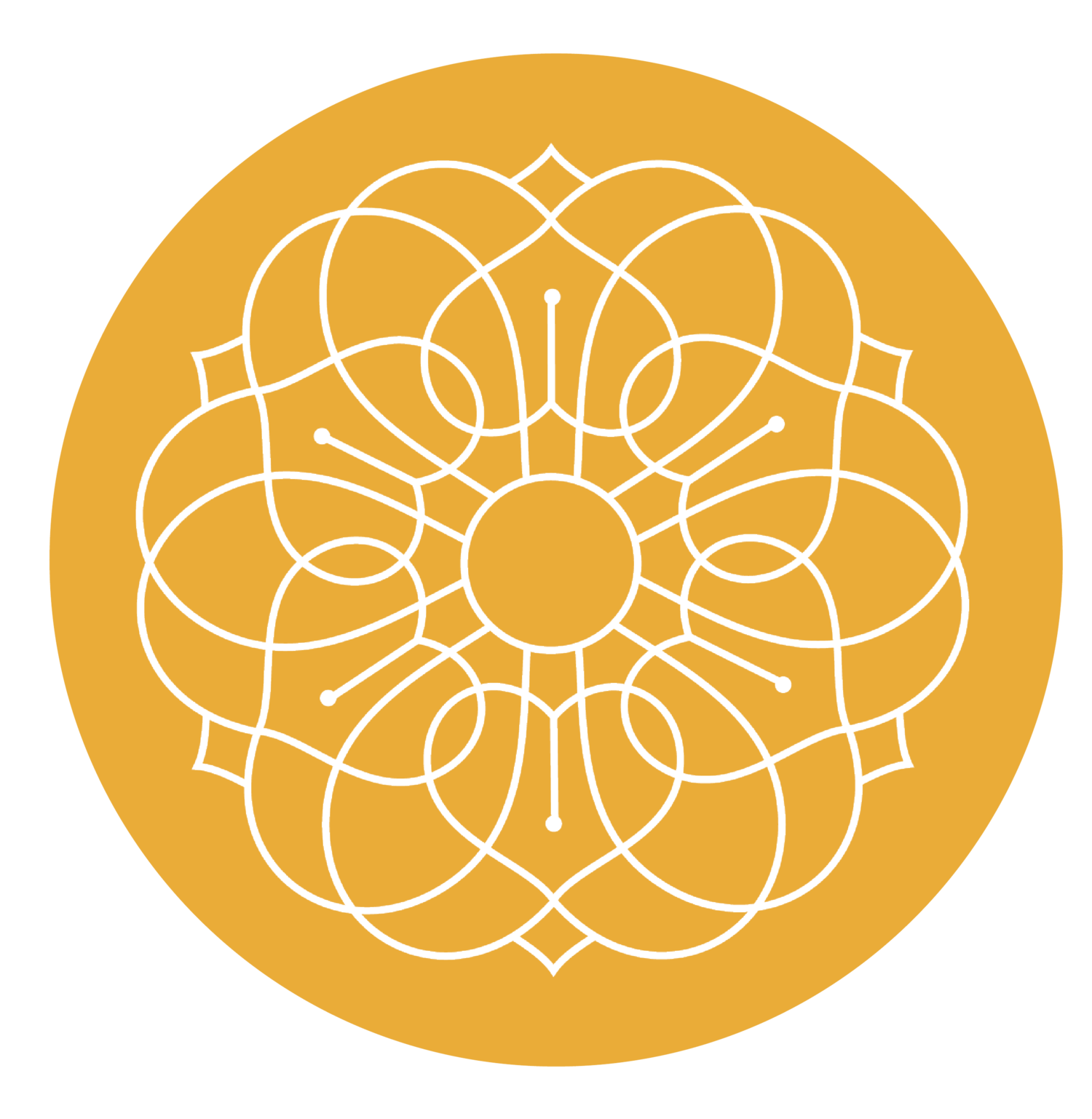“Community issues deserve a community response,” said Tarana Burke, founder of the #MeToo movement, during the opening panel of Survivors Speak on April 9. The annual conference, organized by Crime Survivors for Safety and Justice, hosts more than 500 survivors of violent crimes to share their stories, heal together and advocate for change.
Less than a week after returning from New Mexico (click to view more about BCA Pop-Up Clinic in NM), Thuy and I (and my friend Carlos, offering Reiki) were on the road to “pop up” at the Survivors Speak conference in Sacramento as part of the healing team. For many survivors, this conference offers a space to tell their stories for the first time. Storytelling can help us shift from victim to survivor and help us integrate and reclaim the pieces of us that feel stolen, broken and abused.
When there is trauma, we splinter. Some part of our consciousness separates and stores the experience in the body to be integrated when safe conditions are available. This is a defense mechanism designed to protect us. The trouble in our policing culture is that safe conditions are rarely provided to victims of violent crimes. Police force is employed with enthusiasm but healers are not; victims are further isolated by a narrative made for headlines not healing. We alienate our neighbors and continue the psychic and emotional trauma when we begin to wonder what they did to put themselves in the situation leading to the violent crime. If healing is done at all, it is done in private away from the scrutiny of the public eye.
Community, like touch or acupuncture, reconnects us when we shut down for preservation. When trauma or injury occurs, we might seek shelter for a time but if we stay away for too long, isolation becomes a formidable wall to scale and deepens the wound. Community is the army that has your back when faced with adversity or oppression from society at large. Community spirit recognizes that an offense against one is an offense against all, to which all of us must respond.
After going to Navajo country and Survivors Speak, I have experienced the potency of community medicine in a new way. In both settings, the trauma was serious and the pain was deep and the community setting helped hold all of us. At Survivors Speak we set up in one room and everyone was cared for together. We saw 60 survivors in 6.5 hours. Within the first hour of receiving attendees, we were booked until 6 o’clock without pause. What made this possible was the energy that brewed while we treated roughly 10 people per hour.
For so long I thought of privacy and one-on-one treatment as necessary conditions for bodywork but my feelings have changed, and I’m excited to see what more is possible when a community heals together.
* Read more about Jenna's blog here

